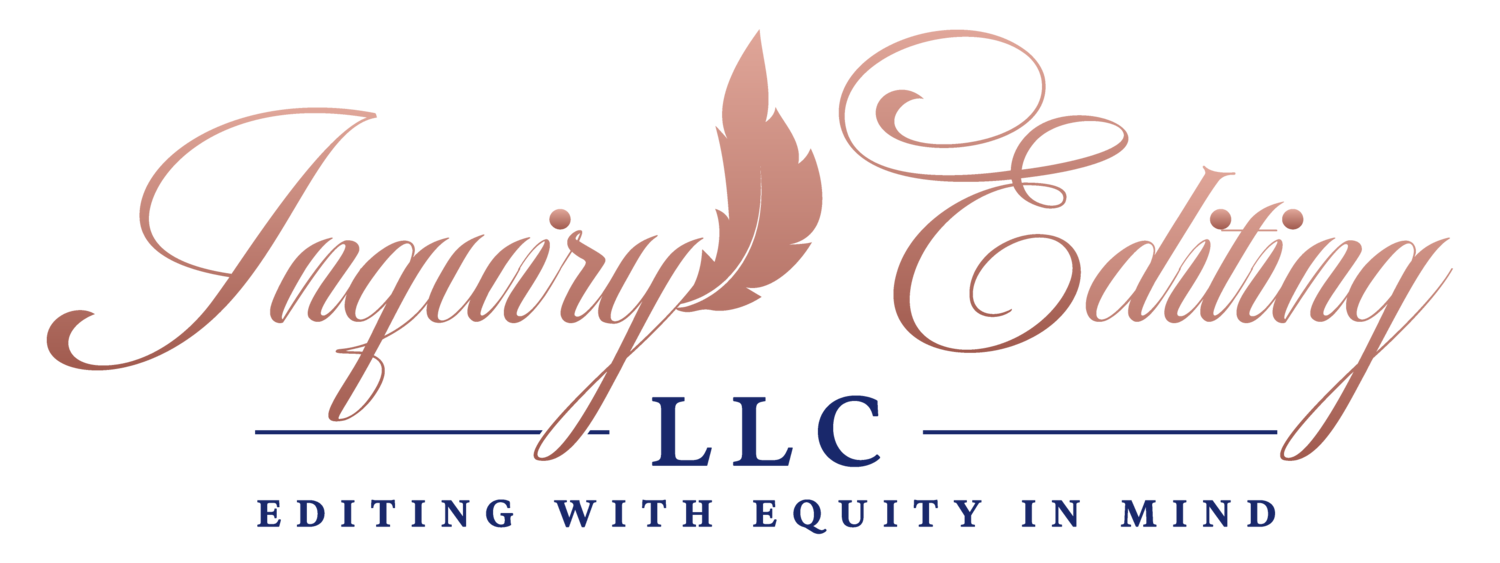Inspiration - Singing
I don’t really believe in inspiration when it comes to writing. Don’t get me wrong, I believe in the existence of inspiration and its utility. With regard to writing, consistency is so much more important to me than being inspired. However, I want to spend a few weeks talking about taking inspiration from other art forms.
I went to a Lizz Wright concert in April. The first song in the set list was “Walk With Me Lord” which I understood to be an invocation. The rest of the set was a mix of old and new, with time for each band member to shine. Her voice is a beautifully rich alto that reminds me of good whiskey: complex, balanced, and smoky.
Singing is an excruciatingly vulnerable act because the voice tells you many things about its owner. You know when someone is tired, stressed, joyful, earnest. You can hear if someone has feeling or is simply technical.
Similarly, Montaigne wrote that writers can’t disguise their feelings either. He was writing largely about essay, what we call today “creative non-fiction.” But, I also think the same is true of academic work. Writing is a vulnerable act: you take what is in your head and synthesize it for someone else to understand.
One of the ways I draw inspiration from singing is that the voice changes every day. You may not get the same notes from a voice each day the way you certainly would from a piano. The consistency in the voice requires practice. As Kiese Laymon writes, we not too good to practice.
Moreover, singing requires connection to the material. There’s a scene in the remake of Fame where Meghan Mullally’s character clowns a student because the student sings a song technically perfectly, but with no feeling. All the right notes. All the wrong notes. Writing benefits from a connection to the material. When that is missing, the prose is technically precise but tends toward flatness. When someone is avoiding the connection they have, the writing usually has a lot of passive voice and refuses to use verbs that create tone. While these may not be mandated for academic prose, they certainly help co-create the ideas.
More broadly, a personal connection creates quirk which is what makes singing so personal and the writing interesting. For instance, we know an early Beyoncé track because of the twang and brightness (sometimes bratty affect) in her voice. We know an Oleta Adams track because of the roundness of her vowels, the depth in her sound. We know Lizz Wright based on the smokiness of her voice. We know Diana Abu Jaber’s writing because of its lush descriptions of food and landscape. We recognize the careful sharpness of James Baldwin. We can discern the buoyant sparkling quality of Evie Shockley’s prose versus the calm, depth and oceanic quality of her poetry.
What of yourself are you putting into your writing?
